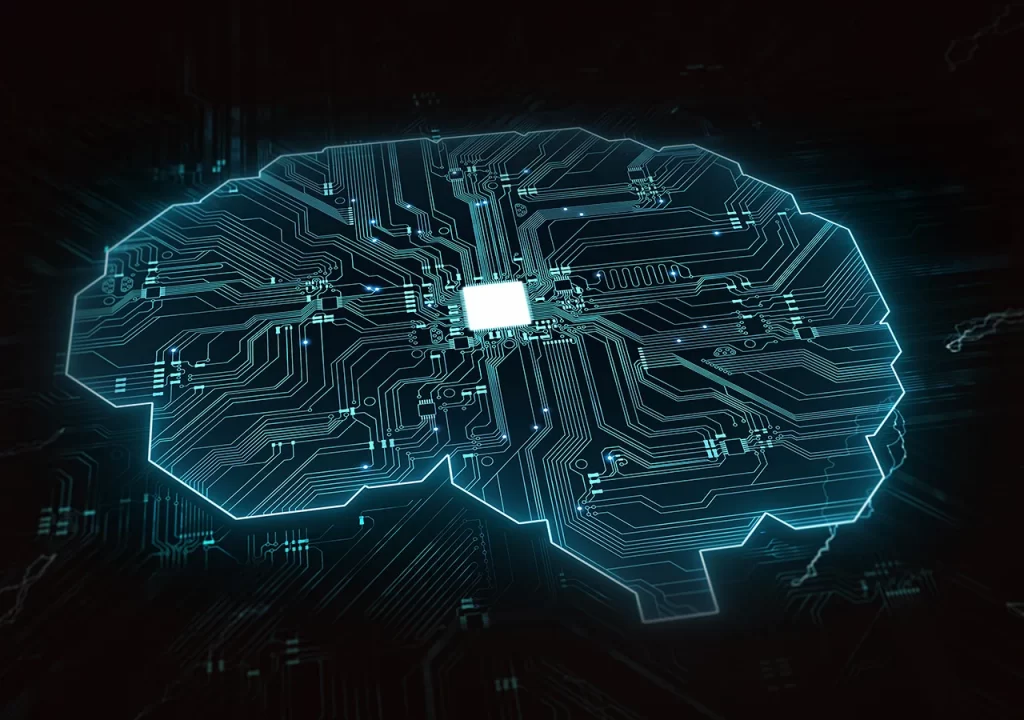A group of scientists from MIT and Rice University has revealed an advanced computer vision technology that could have far-reaching implications for our perception of the world. This groundbreaking technique could soon allow us to see past obstacles and around corners, giving us almost X-ray-like vision.
The system works by capturing images of an object from multiple angles and converting its surface into a virtual sensor that can record reflections. AI then analyzes these reflections, inferring depth and unveiling new perspectives that were once obscure.
Lead author Kushagra Tiwari, a graduate student in the Camera Culture Group at the Media Lab, highlights the potential of this technique, stating that it can transform any surface into a sensor and use it in a variety of industries. In addition to Tiwari, the team includes Akshat Dave, Nikhil Bihari, Zophie Klinghofer, Ashok Veeraraghavan and senior author Ramesh Raskar, who will present their research at a conference on computer vision and pattern recognition.
This AI technique has immense potential to impact many fields such as autonomous vehicles, robotics, entertainment, surveillance and scientific research. For instance, self-driving cars can use this technology to “see” around corners, increasing their ability to detect hidden obstacles. Similarly, security cameras can use this technology to capture reflections and identify intruders.
Additionally, the entertainment industry can use this technology to create immersive experiences and stunning visual effects, leading to unprecedented levels of interactivity and realism in virtual reality games and simulations.
However, there are potential ethical concerns that must be addressed, such as the risk of this technology being used for surveillance and invasion of privacy or creating deepfakes that can be used to deceive the public.
In conclusion, new AI techniques developed by MIT and Rice University have enormous potential to unlock new perspectives and possibilities in our world. However, the potential risks and ethical concerns involved in its implementation must be considered.

